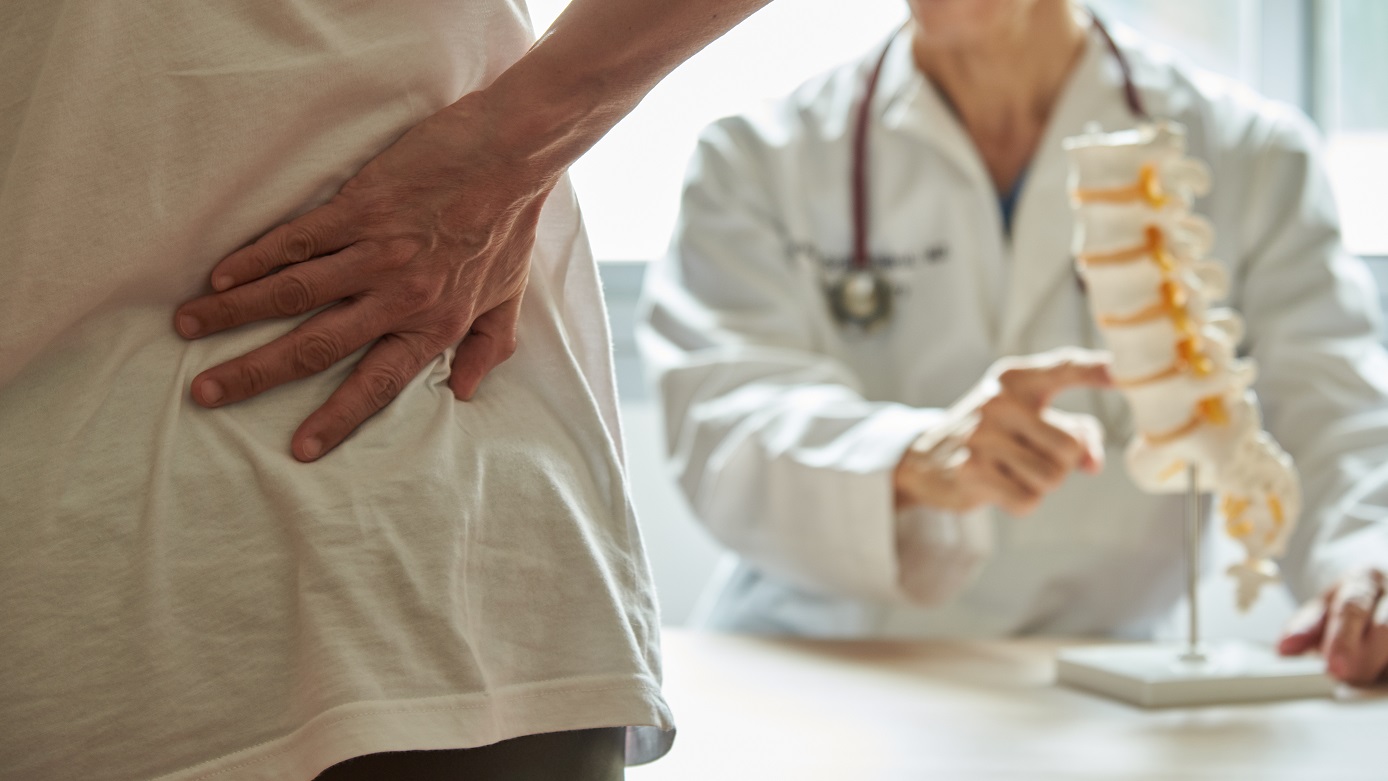
One of the most common reasons people use opioids is to manage pain from an injury, surgical or dental procedures or joint damage. Degenerative disease, autoimmune disease, cancer and infectious diseases can also trigger chronic pain requiring long-term pain management.
Many people are not aware of how easy it is to become addicted to opioids or that there are lifestyle changes and techniques within their control to help manage pain with fewer addictive substances or none at all.
Research confirms that poor lifestyle choices contribute to as much as 90 percent of chronic disease which makes pain more difficult to manage. There is promising news, however. Several lifestyle adjustments can be made to alleviate or reduce pain.
Get Adequate Sleep
Quality sleep helps our bodies heal, detoxify and rejuvenate.
- Keep a consistent sleep routine.
- Sleep in a dark, cool and quiet environment.
- Turn off electronic devices at least one hour before bedtime.
- Avoid large meals, alcohol, caffeine or exercising right before bedtime.
Stay Active
It may be tempting to lay in bed or on the couch when suffering from pain. However, this can actually make pain worse. If typical exercise routines are not an option, try focusing on regular movement instead. Setting a reminder every 30 minutes to get up and move around may improve your pain and make it easier to start exercising later.
Reduce Stress
Stress makes pain worse but is one of the easiest things to improve. While we can’t eliminate all of life’s stressful events, there are certain techniques that can help reduce our pain responses. Minimizing personal conflicts, maximizing healthy social connections and practicing mindfulness and meditation are all proven methods for relieving stress.
Nutrition
Patients who come in for treatment of pain are frequently malnourished which impairs the body from healing. However, with all the diets and nutrition labels, eating healthy can get complicated sometimes. It’s safe to say that eating fresh fruits and vegetables as well as lean meats are good choices. And avoiding fried, processed and sugary foods can actually help reduce inflammation. However, it’s always a good idea to visit your doctor and develop a nutrition plan that is right for you.
Partner with Your Doctor
Create a pain management plan with your doctor and understand your pain tolerance level. Follow up regularly with your doctor and explain any side effects or concerns you have. There are new methods to reduce pain following medical procedures. Prior to your procedure, ask your doctor if there is a method right for you.
In case of a medical emergency, please call 911. For immediate and confidential emotional support, please call 988 to reach the National Suicide and Crisis Lifeline.